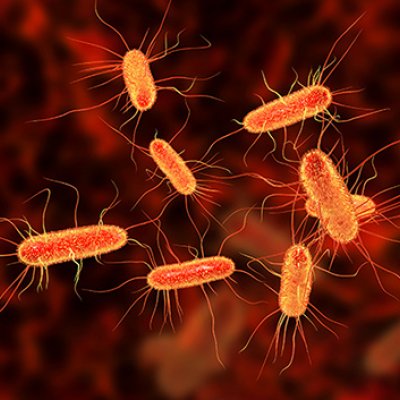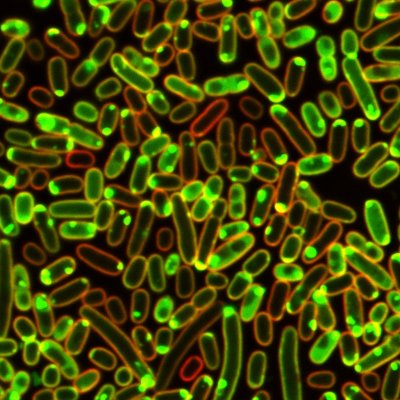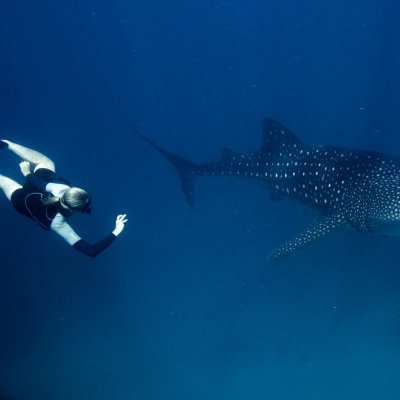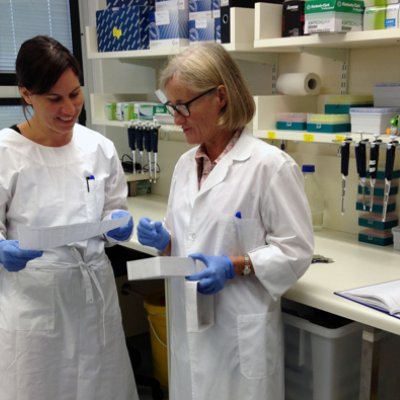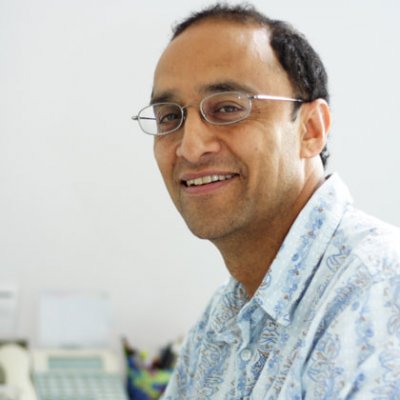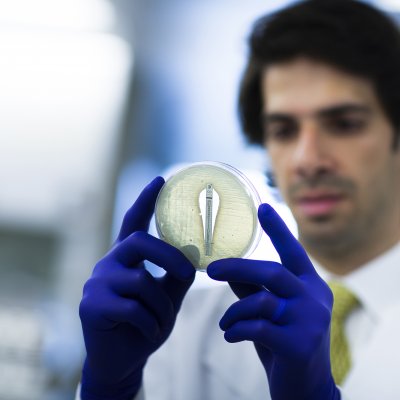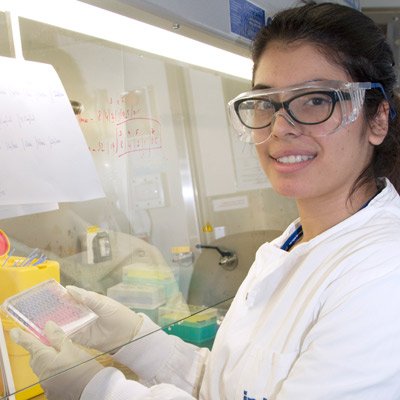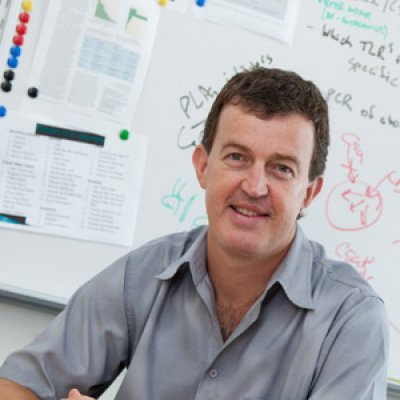University of Queensland researchers have identified a pathway in cells that could be used to reprogram the body’s immune system to fight back against chronic inflammatory and infectious diseases.
19 January 2023The newly launched ARC Centre of Excellence for Plant Success in Nature and Agriculture is cultivating the next crop of plant science experts.
17 August 2022Holding off the rise of superbugs could be achieved by ‘resuscitating’ old antibiotics, with The University of Queensland researchers leading an international project to help combat the growing threat.
23 February 2021Traditional Australian bush medicines have taken a step closer to market with $1 million pledged to explore product commercialisation and sustainable agribusiness opportunities in Northern Australia.
5 November 2018There has been another marked decline in the number of Australians migrating between cities and regions, while movement within capitals is on the rise.
22 May 2018Fewer commuters are working in the same area as they live, and most continue to drive to work rather than use public transport, according to a study based on the 2016 Australian census.
22 May 2018Whale shark researchers have solved a long-standing mystery about where the world’s largest fish go during the Australian spring and summer.
30 August 2017A University of Queensland scientist has cautioned against culling sharks because the long term ecological impact cannot be predicted.
18 August 2015Nature Publishing Group has partnered with The University of Queensland to publish npj Science of Learning, a new open access research journal that will explore the neurobiology of learning in experimental and educational environments.
2 February 2015We’ve heard a lot lately about superbugs – bacteria that are resistant to current antibiotics. But as the threat of superbugs continues to rise, the number of new treatments available has flatlined. This has placed us dangerously close to the edge...
14 January 2015University of Queensland researchers have discovered antibiotic-resistant bacteria in the Middle East which is cloaking itself in genetic material to avoid detection and placing the population at increased risk of deadly infections.
2 June 2014While many students took a well-earned break over summer, Brisbane woman Cindy Bermudez spent her holidays studying plants, bacteria and fungi in an effort to find treatments for infectious diseases.
4 March 2014Researchers have developed a new method for rapidly measuring the level of antibiotic molecules in the blood and how they work against bacteria, paving the way for personalised treatments for bacterial diseases.
3 March 2014A collaborative research project aimed at discovering a drug to treat a highly resistant form of breast cancer is one of two projects given the green light by the Queensland Emory Development (QED) Alliance.
7 November 2013Cheese-making and techniques for producing sustainable plastic dollar bills from sugar cane are among the new research projects on which The University of Queensland and industry partners will collaborate from next year.
2 November 2011Australian scientists believe they may be a step closer to finding a cattle tick vaccine that could save the national cattle and dairy industries approximately $175 million per annum and reduce the need for pesticides.
15 August 2011The Human Genetics team at The University of Queensland Diamantina Institute have successfully used a new gene-mapping approach for patients affected by severe skeletal abnormalities.
4 May 2011